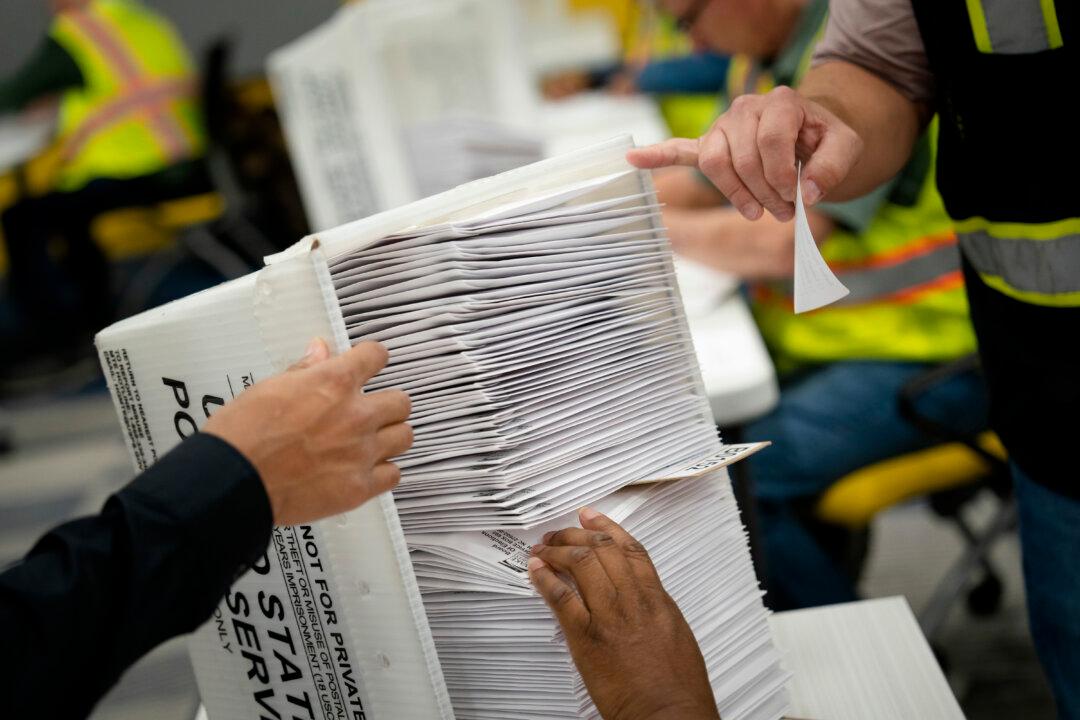A U.S. appeals court this week temporarily blocked North Carolina state elections officials from contacting voters whose ballots were disputed in 2024’s state Supreme Court race and could be eliminated from the final vote count.
In a 2–1 ruling issued on April 22, the U.S. Court of Appeals for the Fourth Circuit paused state officials’ efforts in mailing out notices to overseas and military voters.





